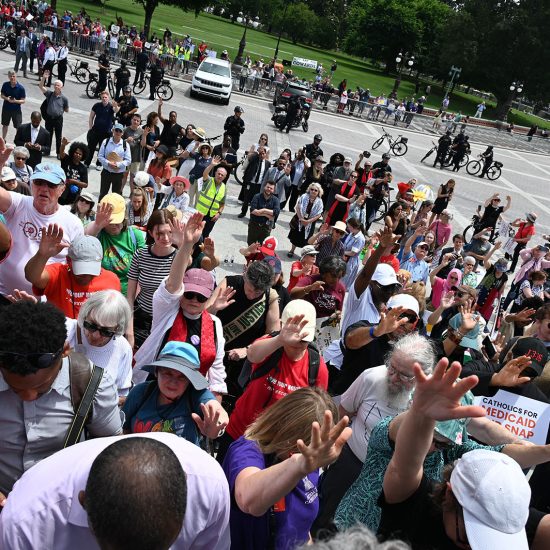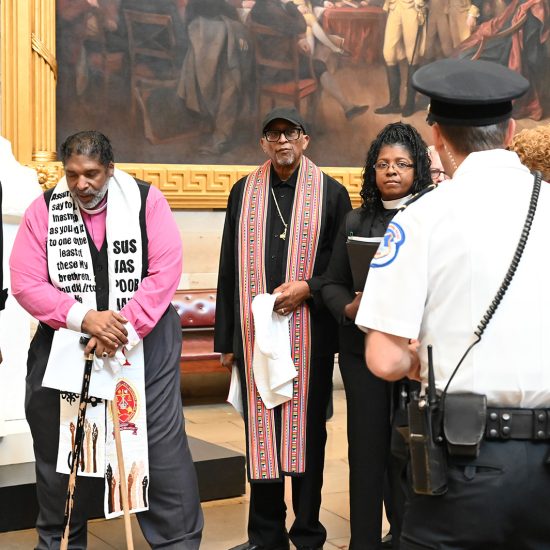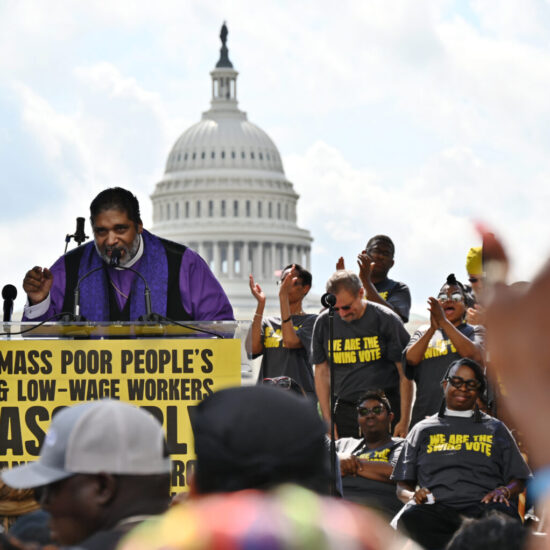By Bill Webb
Word&Way Editor
Financial markets have experienced massive trauma during the past several days. And it has been interesting to observe the response of the U.S. government and others around the world to restore economic order. We’ve seen a flurry of billions-upon-billions of loans, bailouts, pledges and guarantees.
 Many have debated whether financial bailout packages for mortgage and other financial giants are appropriate. Many argue that doing so merely rewards greed and irresponsibility. Even so, such actions — along with stronger oversight — may be necessary. We should expect overhauls of some of the United States’ — and the world’s — most powerful institutions.
Many have debated whether financial bailout packages for mortgage and other financial giants are appropriate. Many argue that doing so merely rewards greed and irresponsibility. Even so, such actions — along with stronger oversight — may be necessary. We should expect overhauls of some of the United States’ — and the world’s — most powerful institutions.
The international nature of financial behemoths means failure in the United States has at least a rippling effect in scores of other nations. And vice versa. Almost every nation has an interest in economic calamity in other countries. In matters of finance, the nations of the world are increasingly interdependent.
But another crisis is even more pressing — the increasing world population of children and their families living and dying in poverty.
While leaders scramble to prop up the economy, a vital piece of legislation languishes in the U.S. Senate. It is a bipartisan effort known as the Global Poverty Act. A version already has been approved by the House of Representatives, and the Senate version was reported out of the Senate’s Committee on Foreign Relations on April 24. It has since awaited discussion and debate on the Senate floor.
The thrust of the Global Poverty Act is to bring clarity, coordination and accountability to U.S. foreign assistance programs. It would require the President to develop and implement a coordinated strategy of U.S. aid, debt relief and trade policies to help meet the goal of cutting by half the number of people who live on less than $1 a day by 2015.
The United States was one of 189 nations whose heads of state signed on to this Millennium Development Goal and seven others in 2000. The commitment stemmed from the belief that poverty and hunger can be eradicated in the world with a concerted international effort.
Some might suggest that with financial markets in jeopardy and the U.S. economy so frail, now is not the time to spend money to aid the poor in other parts of the world. But now is the time to approve this legislation. Especially now. When economic conditions worsen, the pressure on families in poverty increases dramatically.
The Global Poverty Act does not call for the United States to commit any more than it already is expending to fight poverty and hunger. But this legislation can help our nation more effectively administer what we already do in response to this global crisis and multiply the benefits of each dollar.
At present, U.S. global development policies and programs are scattered across 12 departments, 25 different agencies and almost 60 government offices. The bill calls for the President to bring coordination to these multiple efforts to ensure U.S. aid is maximized. Surely, trimming waste and streamlining bureaucracy in government programs and spending — not to mention increased accountability — will have strong bipartisan appeal.
America has a commendable record of reaching out to those in need, both in our own country and around the world. We can be proud of that. But the United States is not alone in this effort to literally eradicate world poverty. The nations of the world do not agree on political ideologies or economic systems, but most of them can relate to improving the plight of their own poor and hungry children and their families.
Without question, politics, civil wars, natural disasters and greed are barriers to helping impoverished citizens in many corners of the world. But that must not diminish the moral will to rescue hopeless children and their families.
As of this writing, Missouri Senators Christopher “Kit” Bond and Claire McCaskill have yet to sign on as co-sponsors to the Global Poverty Act. Thirty-one of their colleagues have. To encourage the Missouri senators, call the Capitol switchboard at 202-224-3121 and ask for either Bond’s or McCaskill’s office. Or call both.
America committed eight years ago to the goal of cutting global poverty levels in half by 2015. That’s not the issue. But if by adopting the Global Poverty Act our country has the ability to expend global aid with greater effectiveness, less waste and tighter accountability, what is the Senate waiting for?






